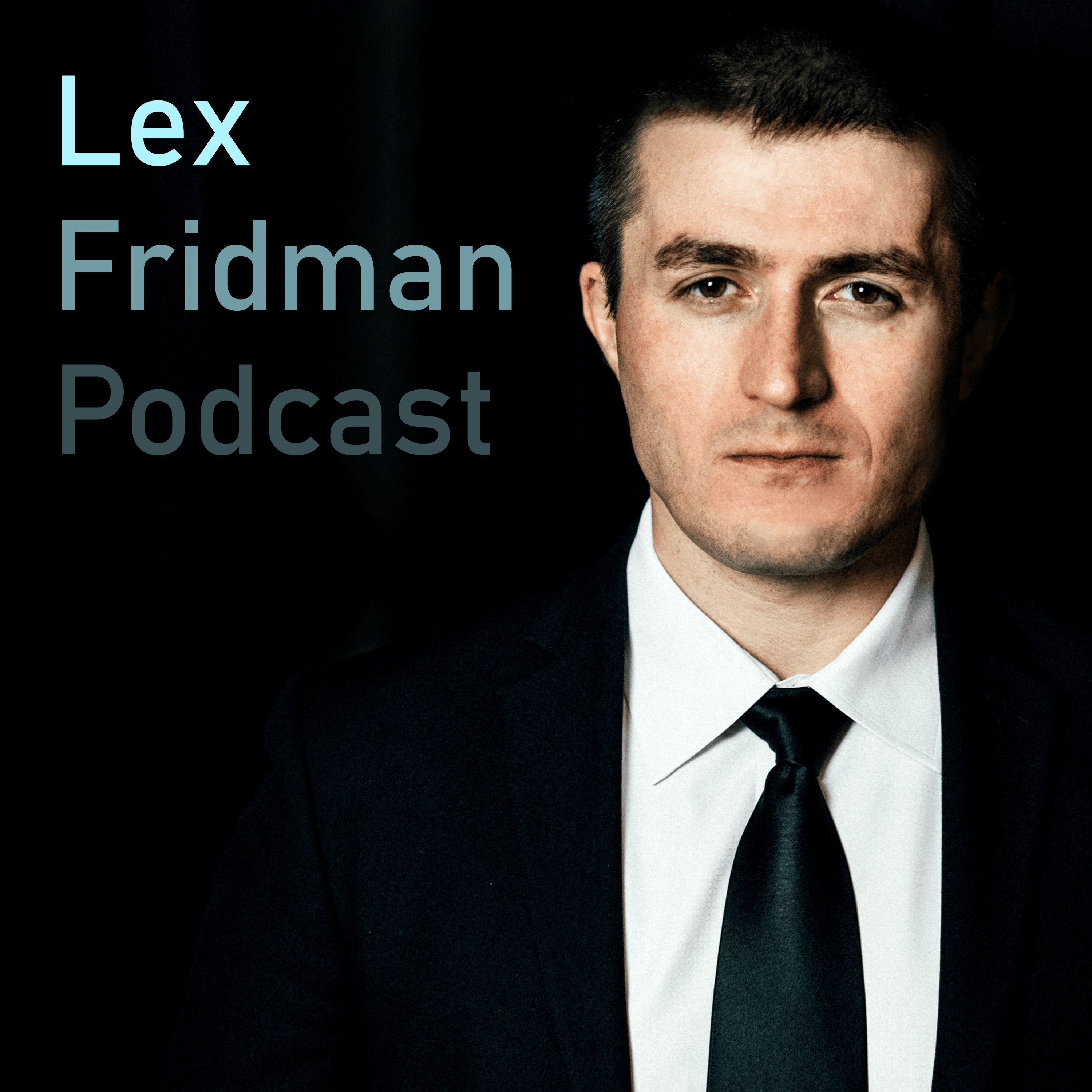
December 22, 2024 • 3hr 39min
#455 – Adam Frank: Alien Civilizations and the Search for Extraterrestrial Life
Lex Fridman Podcast

Key Takeaways
- Alien Civilizations: Based on the Drake equation and exoplanet data, it seems highly likely there are many alien civilizations in our galaxy and universe, though we haven't detected them yet
- Planet Formation: Every star has planets orbiting it, with about 1 in 5 stars having potentially habitable planets in their "habitable zone" where liquid water could exist
- Detecting Aliens: We can look for biosignatures (signs of life) and technosignatures (signs of technology) in exoplanet atmospheres and around stars
- The Blind Spot: Modern science has a "blind spot" by ignoring subjective experience and consciousness in favor of purely objective third-person perspectives
- Experience & Physics: We may need new physics theories that incorporate the observer/experiencer rather than trying to eliminate them
Introduction
Adam Frank is an astrophysicist studying star systems and the search for extraterrestrial life and alien civilizations. He is a professor at the University of Rochester and author of several books including "The Little Book of Aliens." This wide-ranging conversation covers the search for alien life, planet formation, consciousness, and the relationship between science and human experience.
Topics Discussed
Planet Formation and Habitability (14:22)
Frank explains how planets form from clouds of gas and dust around young stars:
- Stars form when dense clouds of gas collapse under gravity
- Material forms a disk around the young star
- Dust particles clump together to form pebbles, rocks, and eventually planets
- Different types of materials can condense at different distances from the star based on temperature
The Drake Equation and Alien Life (44:29)
The Drake equation attempts to estimate the number of alien civilizations in our galaxy:
- Breaks down the problem into measurable factors like star formation rate and fraction of stars with planets
- We now know every star has planets (fp = 1)
- About 1 in 5 stars has potentially habitable planets
- "Unless nature is really against civilizations, we're not the first time this has happened. This has happened elsewhere over the course of cosmic history."
Detecting Alien Civilizations (1:25:11)
Frank discusses various ways we might detect alien civilizations:
- Biosignatures: Chemical signatures of life in exoplanet atmospheres like oxygen + methane
- Technosignatures: Signs of technology like:
- Atmospheric pollution
- City lights
- Solar panels
- Propulsion plumes from spacecraft
- Megastructures like Dyson spheres/swarms around stars
The Blind Spot in Science (2:40:38)
Frank explains his concept of science's "blind spot":
- Science tries to eliminate subjective experience in favor of purely objective third-person perspectives
- This creates problems in areas like consciousness, quantum mechanics, and time
- We may need new scientific approaches that incorporate experience rather than trying to eliminate it
- "Experience is the precondition for the possibility of science"
Time and Experience (3:06:29)
Discussion of the nature of time and human experience:
- Scientific/mathematical time (like Einstein's relativity) is different from lived experiential time
- We've substituted formal mathematical systems for actual temporal experience
- Need to find ways to integrate both perspectives rather than privileging one over the other
- "Clocks don't tell time, we use clocks to tell time"
Contemplative Practice and Consciousness (3:22:53)
Frank shares insights from his 30 years of Zen meditation practice:
- Helps stabilize attention and explore the nature of consciousness
- Shows how the sense of self is constructed rather than fundamental
- Points to a deeper reality beyond typical subject-object distinctions
- Suggests joy and compassion are fundamental aspects of existence
Conclusion
This wide-ranging conversation connects seemingly disparate topics like the search for alien life and the nature of human consciousness. Frank argues that science needs to find ways to incorporate subjective experience rather than trying to eliminate it, while maintaining its rigorous empirical methods. He suggests this could lead to breakthrough insights in physics, consciousness studies, and our understanding of life in the universe. The discussion ends on a contemplative note about the role of love and compassion in giving meaning to existence.